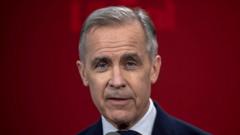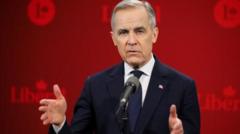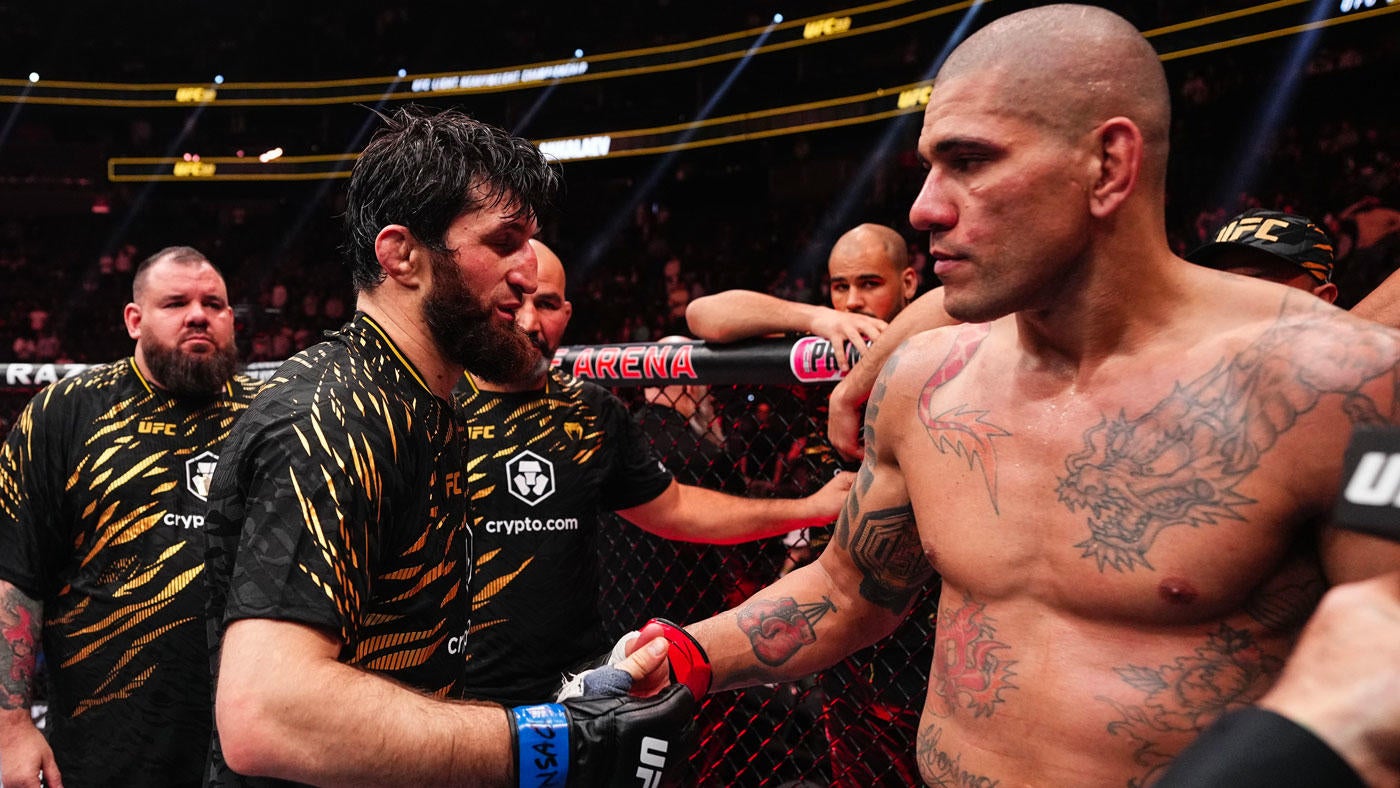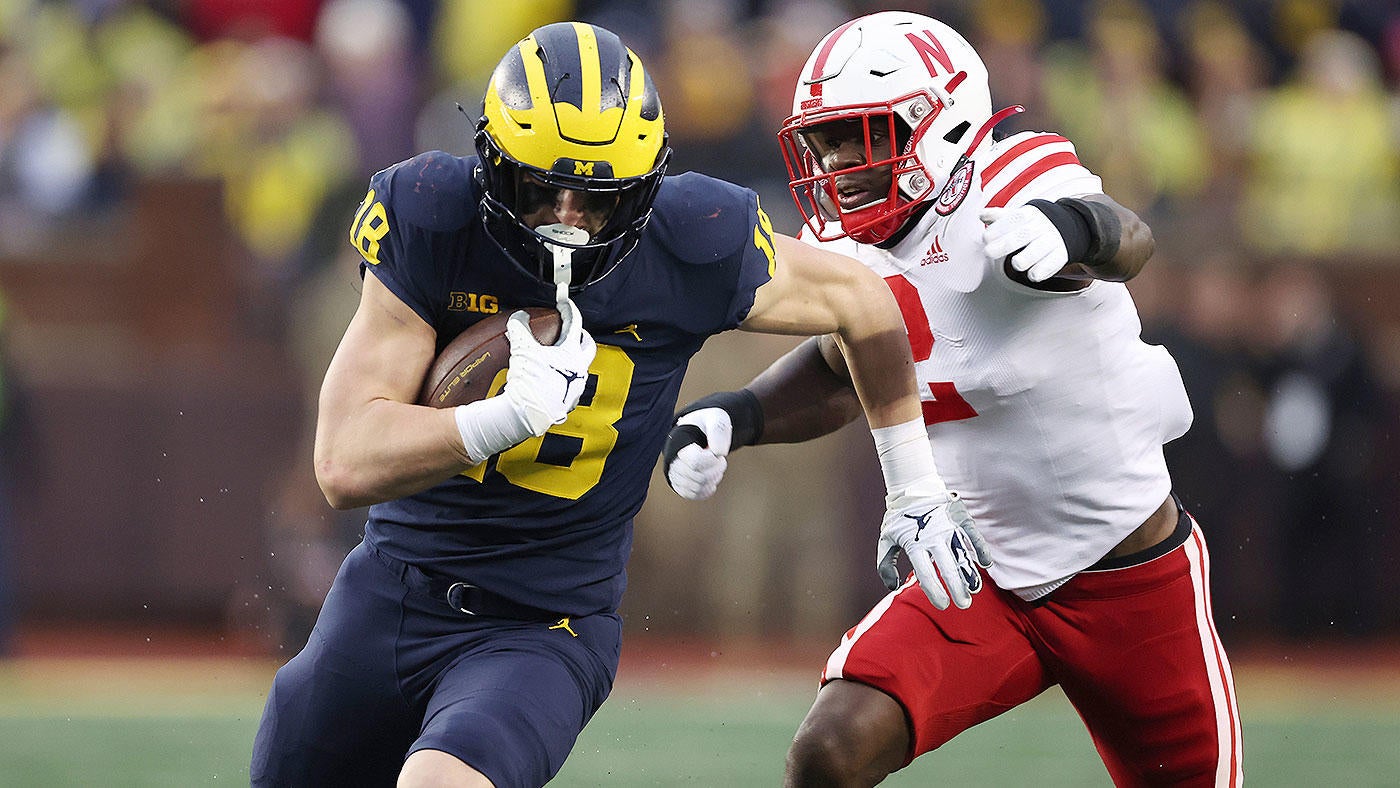The departure of former Prime Minister Justin Trudeau brought not nostalgia but exhaustion to Canada. His leadership, once seen as a fresh start, left the country politically fractured, economically stagnant and socially disillusioned.
What had been promised as a transformative era instead became a case study in the dangers of governing through spectacle rather than substance.
Trudeau’s failures are not just a cautionary tale for Canada but for democracies everywhere: When politics becomes a performance, voters lose faith and institutions weaken.
Trudeau rose to power on charisma, inclusivity and optimism. He positioned himself as the antidote to conservative populism, the face of progressive governance. But leadership is not about image — it is about results. And the results never came.
Trudeau's governance relied on grand pronouncements, symbolic gestures and political branding, while real challenges — housing shortages, healthcare strain, economic stagnation — intensified. Canadians were left not with the progress they were promised but with a nation struggling under the weight of failed leadership.
Even his own Liberal Party recognized it. Trudeau did not step down on his own terms — he was forced out, a rare rebuke from within a party that once idolized him. It was a stark admission that the promise of his leadership had collapsed, not just in the eyes of voters, but among those who had built their careers around his brand.
Nowhere was this clearer than in his approach to Indigenous issues. Trudeau spoke endlessly about reconciliation, yet 28 First Nations communities still lack clean drinking water, a crisis he had vowed to end by 2021. His government’s response? More land acknowledgments and empty rhetoric, as though symbolism could replace action.
Immigration, too, became more about optics than strategy. Canada’s population surged by nearly 6 million over a decade, largely through poorly regulated programs that failed both newcomers and long-term residents. Without proper planning, this influx overwhelmed housing, public services and wages, creating avoidable crises that eroded public trust.
Healthcare, once Canada’s pride, was pushed to the brink. As a physician, I have seen the collapse firsthand — 6.5 million Canadians are without a family doctor, emergency rooms are overflowing, wait times are stretching into months and patients are suffering. This was not an unforeseen crisis but a predictable consequence of leadership that expanded demand without preparing capacity.
Economically, Canada fell behind. Per capita GDP has barely grown in five years, productivity lags behind peer nations and business confidence has cratered under erratic policies that prioritized ideological posturing over stability. The carbon tax, marketed as bold climate action, did little to reduce emissions, but burdened working-class Canadians. Meanwhile, over 235,000 Canadians are homeless every year, an unforgivable statistic for a country that once prided itself on economic mobility and social safety nets.
On the global stage, Trudeau sought the image of a progressive statesman, yet Canada’s influence steadily declined. He alienated key allies like India, failed to stand up to China’s interference and left the military underfunded in an era of rising global threats. The gap between rhetoric and reality grew wider, and Canada’s standing suffered. But the true cost of his leadership was not just economic or diplomatic — it was the erosion of trust in governance itself.
This is the real lesson. Trudeau did not fail because he was a progressive. He failed because he mistook politics for performance. And this is not a warning just for Canada or for Liberals — it is a warning for all democracies and across the political spectrum. When leaders prioritize style over substance, when they chase applause instead of solutions, they do not just lose elections. They disillusion voters, weaken institutions and create the conditions for deeper instability.
But this erosion of trust doesn’t happen in isolation. It is enabled by electorates willing to be seduced by theatrics. Democracies require engaged citizens who demand more than branding, who expect governance, not just grandstanding. When trust in leadership collapses, extremes rise — and history has shown where that road leads.
Canada faces a long road to recovery from Trudeau’s missteps, but history does not wait for nations to catch up. The world moves forward, and those who choose vanity over vision are left behind. Trudeau hoped to be remembered as a transformational leader. Instead, he will be remembered as a cautionary tale — a leader who sought applause but lost trust, who promised progress but left disillusionment.
Trudeau’s legacy is not what he imagined. It is what he earned — and the world must learn from it.
Dr. Debakant Jena is an orthopedic surgeon, an assistant professor at the University of Calgary and a first-generation immigrant to Canada. He has written extensively on Canadian policy, immigration and international relations.





























